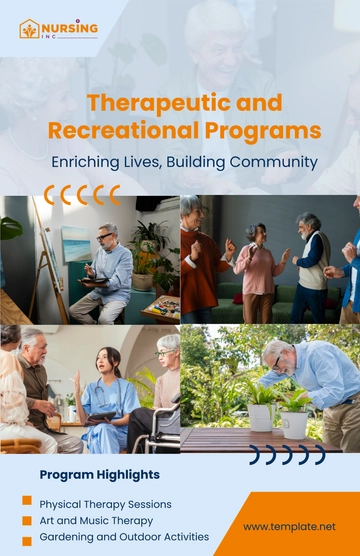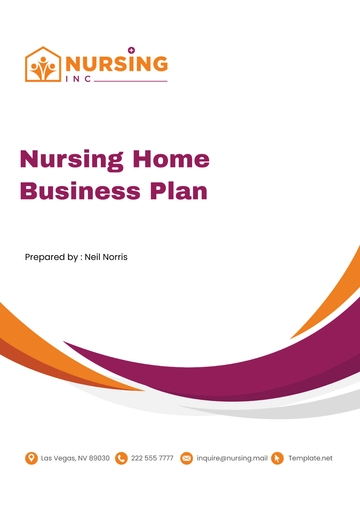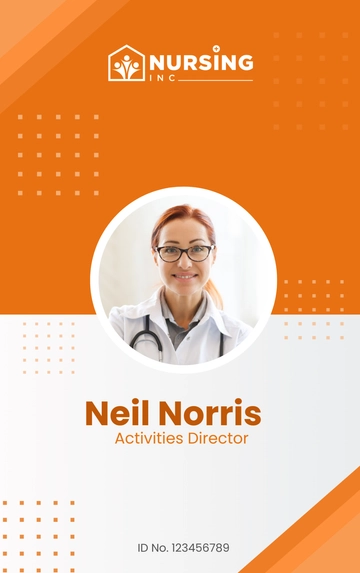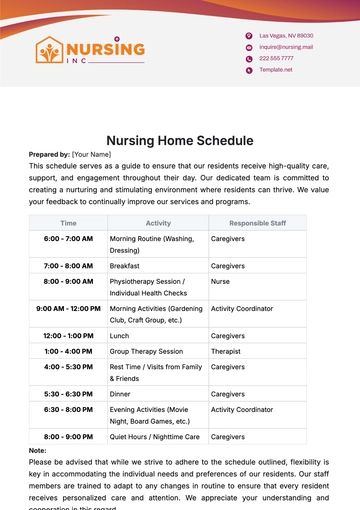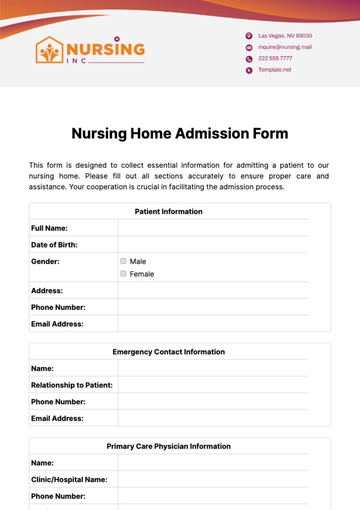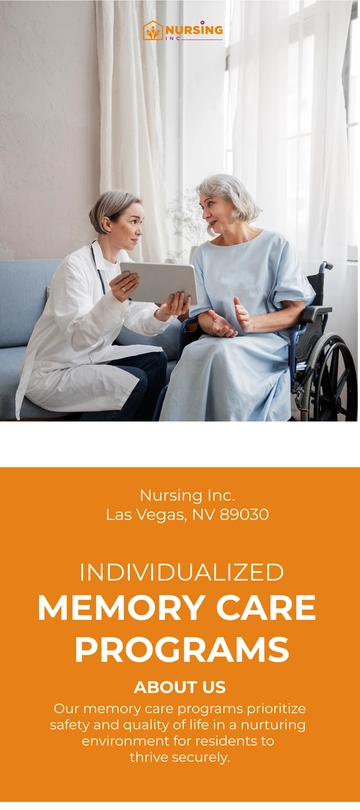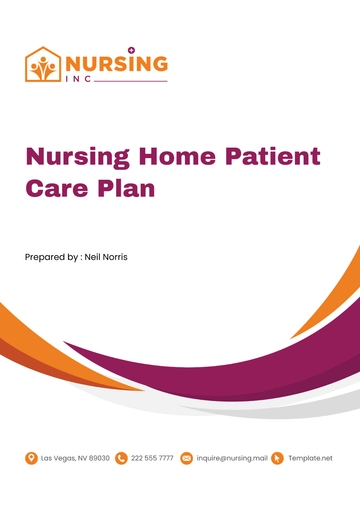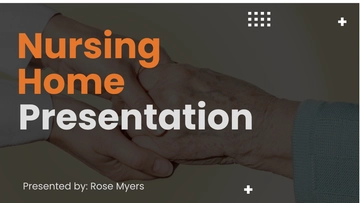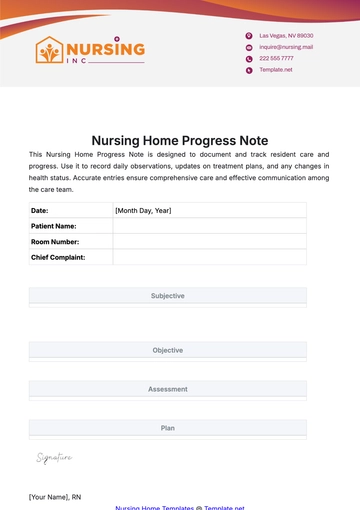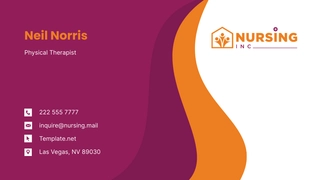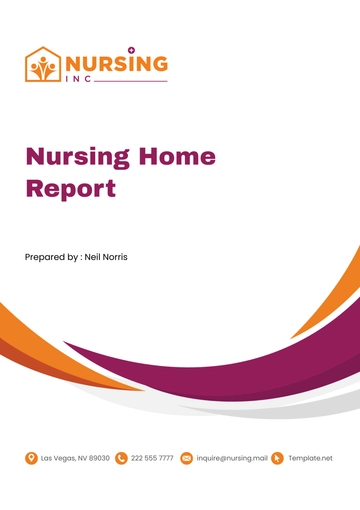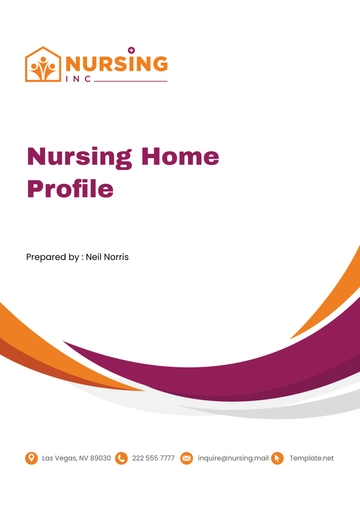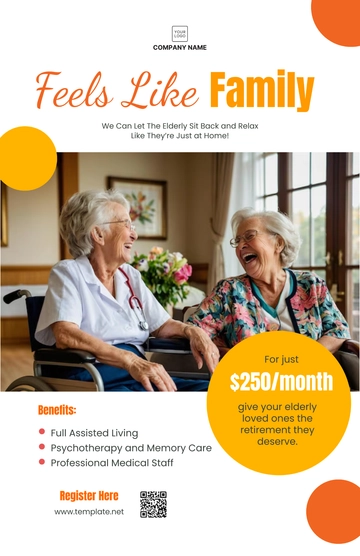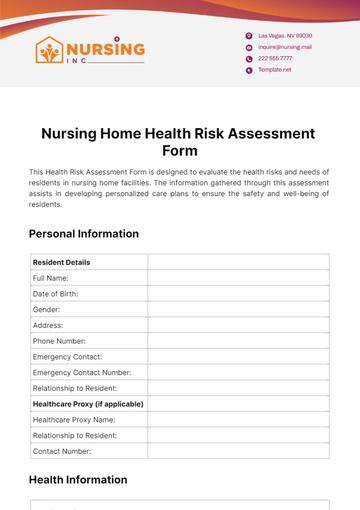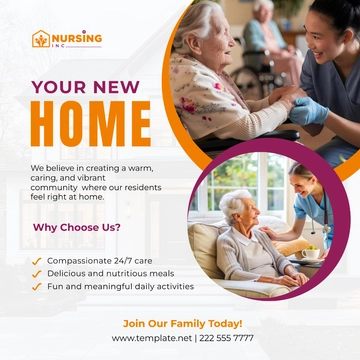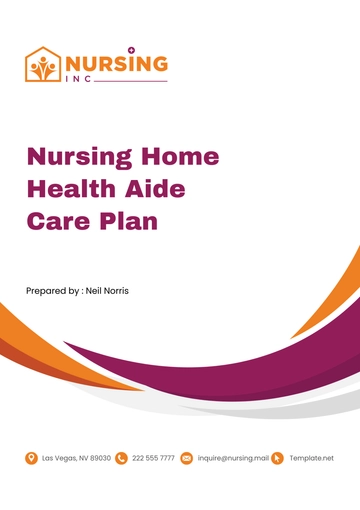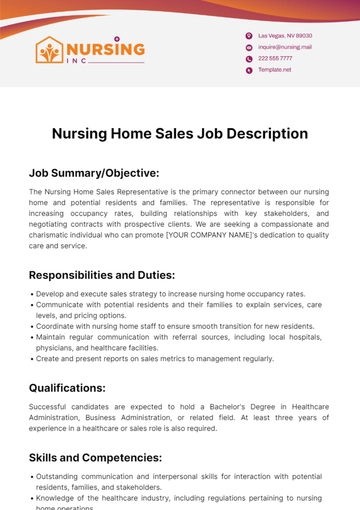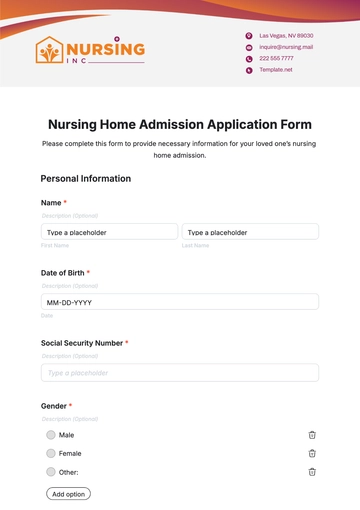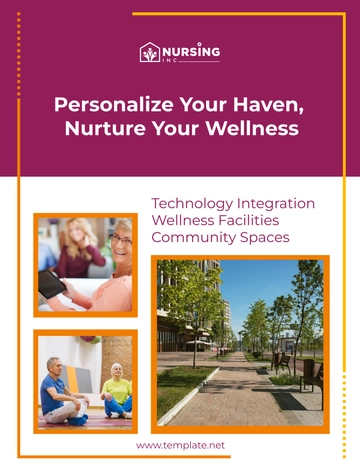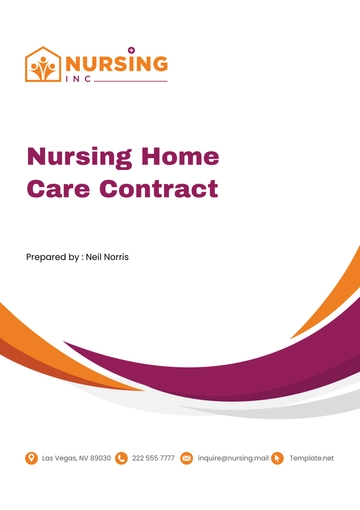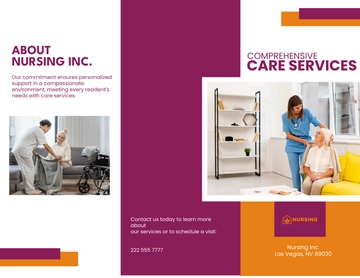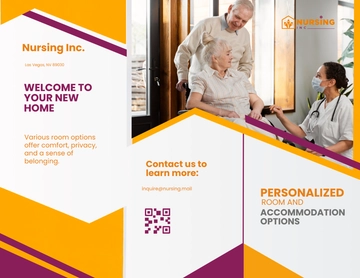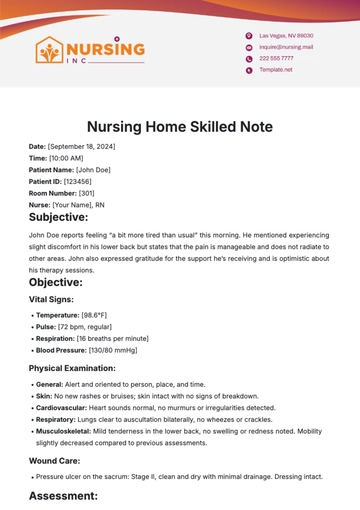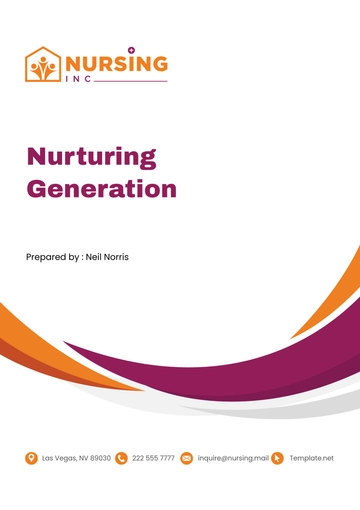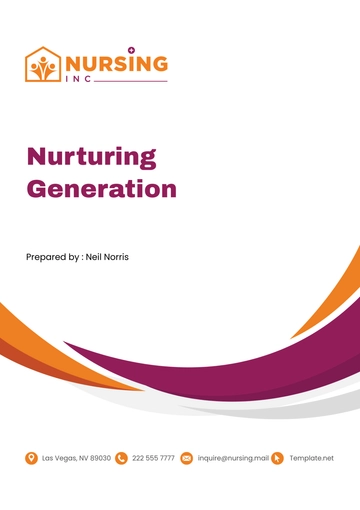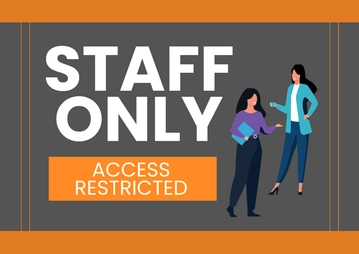Free Nursing Home Staff Development Strategy
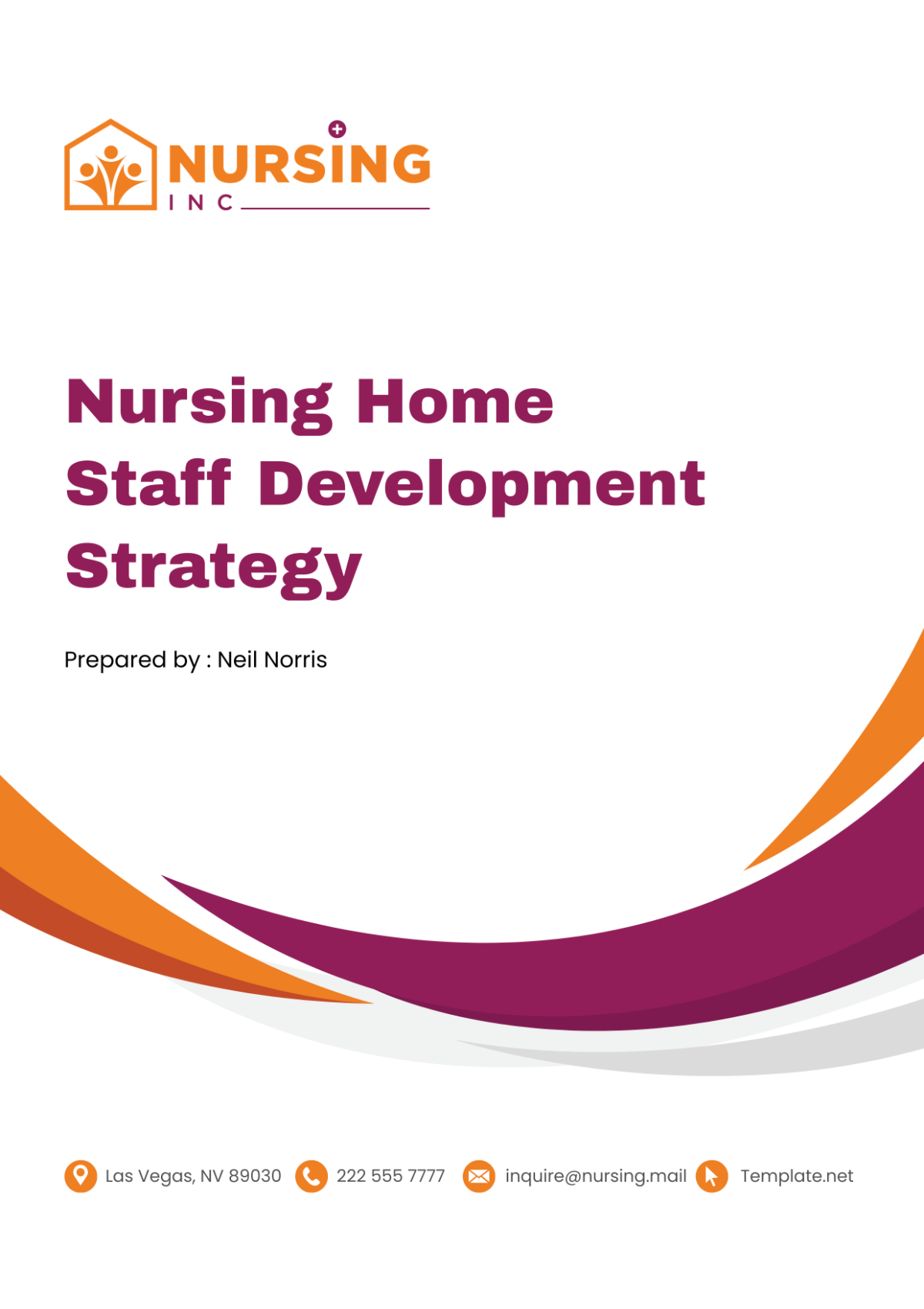
A. Assessment and Needs Analysis
In order to ensure the highest standards of care and compliance with US regulations, our Nursing Home recognizes the critical importance of regularly assessing the competencies of our staff and identifying areas for improvement. Our commitment to continuous improvement drives us to conduct a thorough assessment and needs analysis, employing a multi-faceted approach that includes surveys, interviews, and observational studies. Through these methods, we aim to gather comprehensive data on the current skill levels and training needs of our staff members, with a keen focus on areas directly impacting patient care and safety.
By meticulously identifying these requirements, we can tailor our Training Programs and Curriculum to address specific gaps and challenges. This proactive approach not only ensures that our staff receive the training they need to excel in their roles but also aligns with US laws and standards governing nursing home care. Through this process, we strive to uphold the highest quality of care for our residents while empowering our staff with the knowledge and skills necessary to deliver compassionate and competent care.
B. Training Objectives and Goals
In crafting our Training Objectives and Goals, our foremost aim is to synchronize them with the overarching mission and vision of our nursing home. Our objectives are meticulously designed to not only meet stringent regulatory requirements but also to align seamlessly with industry best practices. Central to our goals is the unwavering commitment to enhancing the quality of care provided to our residents, fostering continuous professional development among our staff, and systematically addressing any identified gaps in training or education. These objectives serve as a guiding beacon, steering our staff development strategy towards impactful outcomes and sustained excellence.
C. Training Programs and Curriculum
Training Programs and Curriculum are pivotal components of our Nursing Home Staff Development Strategy, aimed at equipping our staff with the necessary skills and knowledge to provide exceptional care to our residents. Through a comprehensive array of training programs and courses, we ensure that our staff are well-prepared to meet the diverse needs of our residents and comply with regulatory standards. Below is an overview of the key topics covered in our curriculum:
Training Program | Topics Covered |
|---|---|
Patient Care |
|
Infection Control |
|
Communication Skills |
|
Specialized Care |
|
D. Methods of Delivery
In our commitment to fostering a culture of continuous learning and development, we recognize the importance of employing diverse methods to deliver our training programs. By offering a variety of avenues for learning, we aim to accommodate the unique preferences and learning styles of our staff members, ultimately maximizing the effectiveness and impact of our training initiatives.
1. In-Person Workshops
Conducted by experienced facilitators, our in-person workshops provide an interactive learning environment where staff can engage in hands-on activities, role-playing exercises, and group discussions. These workshops offer valuable opportunities for practical skill-building and knowledge exchange.
2. Online Courses
Accessible via our learning management system, online courses provide flexibility for staff to complete training modules at their own pace and convenience. Featuring multimedia content, quizzes, and assessments, these courses enable staff to enhance their knowledge remotely while accommodating varying schedules.
3. On-the-Job Training
Supervised by experienced mentors or preceptors, on-the-job training allows staff to apply newly acquired knowledge and skills directly in their work environment. This experiential learning approach fosters skill development in real-world scenarios, promoting confidence and competence among staff members.
4. Seminars and Conferences
Attendance at industry seminars and conferences offers opportunities for staff to stay abreast of the latest trends, best practices, and regulatory updates in nursing home care. Engaging with experts and peers in these settings fosters professional networking and knowledge sharing.
5. Mentorship Programs
Pairing staff members with experienced mentors provides valuable guidance, support, and encouragement throughout their professional development journey. Mentorship programs facilitate knowledge transfer, skill development, and career advancement, nurturing a culture of continuous growth and excellence.
E. Evaluation and Assessment
In our commitment to continuous improvement, we recognize the importance of establishing a robust evaluation and assessment process to measure the effectiveness of our staff development strategy. Through systematic evaluation, we aim to monitor the impact of our training initiatives on staff competency, patient care outcomes, and overall organizational performance.
1. Pre-Training Assessment
Before embarking on training programs, we will conduct a baseline assessment of staff competency to identify areas for improvement and establish benchmarks for progress. This assessment may include skills assessments, knowledge tests, and self-assessment surveys to gauge staff proficiency levels.
2. Training Feedback Mechanisms
During and after training sessions, we will solicit feedback from participants to gather insights into the relevance, effectiveness, and engagement level of the training content and delivery methods. Feedback mechanisms may include surveys, focus groups, and one-on-one discussions with trainers.
3. Post-Training Assessment
Following the completion of training programs, we will conduct post-training assessments to measure changes in staff competency and knowledge acquisition. These assessments will allow us to evaluate the effectiveness of the training interventions and identify areas of strength and improvement.
4. Resident Feedback
In addition to gathering feedback from staff, we will also seek input from residents and their families to assess the impact of staff training on the quality of care provided. Resident feedback may be collected through satisfaction surveys, resident council meetings, and informal conversations.
5. Outcome Measures
To assess the tangible outcomes of our staff development efforts, we will track key performance indicators related to patient care and staff performance. Outcome measures may include metrics such as medication errors, incidence of pressure ulcers, staff turnover rates, and resident satisfaction scores.
Below are various evaluation tools and measures employed for assessment:
Skills assessments
Knowledge tests
Self-assessment surveys
Training evaluation surveys
Focus groups
Resident satisfaction surveys
Key performance indicators
F. Resource Allocation and Budget
In order to effectively support our staff development initiatives, it's imperative to allocate resources thoughtfully. Below is a breakdown of the budget for our training programs:
Resource | Description | Amount |
|---|---|---|
Staffing Needs | Hiring additional training coordinators | $30,000/yr |
Training stipends for peer-to-peer facilitators | $10,000/yr | |
Equipment and Technology | Purchase of simulation equipment | $20,000 |
Licensing fees for online learning management system | $5,000/yr | |
Budget Allocation | Training materials and workbooks | $15,000 |
Venue rental for workshops and seminars | $10,000/yr | |
Funding Opportunities | Grant for staff development | $50,000 |
Corporate sponsorship for training programs | $20,000 |
Total Budget: $160,000
G. Continuous Improvement and Monitoring
Our dedication to excellence extends beyond the implementation phase of our staff development strategy. In this section, we emphasize the importance of continuous improvement and proactive monitoring to ensure the ongoing success and relevance of our training initiatives. By maintaining a steadfast commitment to gathering data, analyzing trends, and soliciting feedback, we empower ourselves to make informed decisions and adapt our training programs to evolving needs and best practices.
Regular assessments of staff performance, feedback from participants, and evaluations of training outcomes serve as invaluable tools in our quest for continuous improvement. Through this iterative process, we can identify areas of strength, address any emerging challenges, and refine our approach to staff development, ultimately fostering a culture of learning and excellence within our nursing home community.
H. Long-term Sustainability
Sustaining the effectiveness of our staff development strategy requires a commitment to continuous improvement and investment in ongoing professional development. We will establish a cyclical process of evaluation, improvement, and implementation, ensuring that our training initiatives remain relevant and impactful over time. Additionally, we are dedicated to fostering a culture of continuous learning among our staff, providing opportunities for growth and skill enhancement to support their long-term success in delivering high-quality care to our residents.
I. Collaboration and Partnership
We will engage staff, residents, and their families, regulatory bodies, health care providers, and education institutions in our strategy. Collaboration and partnerships are crucial to ensure that our strategy meets the needs of our staff and the people they care for and helps us adhere to industry standards and best practices.
J. Organizational Culture
In nurturing an organizational culture conducive to staff development, we will focus on the following key elements:
1. Continuous Learning
Promoting a culture that values and supports ongoing learning and skill enhancement through training opportunities and professional development programs.
2. Professional Development
Offering avenues for career advancement, mentorship, and skills development to empower staff members to reach their full potential.
3. Application of Skills
Encouraging staff to apply their newly acquired skills and knowledge in their daily roles, fostering innovation and excellence in resident care.
Our Nursing Home Staff Development Strategy prioritizes the cultivation of a dynamic organizational culture that nurtures continuous learning, professional growth, and excellence in resident care. By investing in our staff's development and fostering a supportive environment, we are committed to delivering exceptional care and ensuring the well-being of our residents for years to come.
- 100% Customizable, free editor
- Access 1 Million+ Templates, photo’s & graphics
- Download or share as a template
- Click and replace photos, graphics, text, backgrounds
- Resize, crop, AI write & more
- Access advanced editor
Foster professional growth with the Nursing Home Staff Development Strategy Template from Template.net. This editable and customizable template maps out a comprehensive plan for ongoing staff training and development in key competency areas, crucial for maintaining high-quality care standards. Editable in our Ai Editor Tool, it's vital for empowering your team, promoting continuous improvement, and enhancing the overall quality of life for residents in your nursing home.
